AMSTERDAM — Everyone’s talking about migration. Apart from Europe’s center left.
The Party of European Socialists (PES), Europe’s second-biggest political family, is holding a three-day get-together in Amsterdam starting Thursday to fire up the troops as they push back against a right-wing surge. But for all the fanfare, they won’t be spending much time talking about one of the hot-button issues fueling that populist rise.
How to handle migrant flows into Europe has divided the center left, with some, such as the Nordics, opting to harden their stance and back tough deportation rules, while others, especially the Spanish, continue to defend taking a softer approach.
As a result, the PES congress will tiptoe around the issue.
“Migrants are increasingly criminalized and used as a scapegoat for social and economic hardships and to justify discriminatory policies,” reads the sole reference to the topic in the final declaration of the congress, obtained by POLITICO and set to be voted on Friday. A Social Policy program, to be approved the same day, mentions the need to ensure “the protection of migrants, asylum seekers and undocumented people.”
Migration is not mentioned in a document setting out the party’s priorities and campaign talking points for the years to come, also obtained by POLITICO, and there are no scheduled debates on the topic.
Even those relatively minor mentions of the protection of undocumented migrants raise questions about the unity of the party, as the Danish Socialists have prioritized establishing a tough deportation scheme during their EU Council presidency, which began in July and runs to the end of December. Danish Prime Minister Mette Frederiksen will not be at the PES jamboree.
Instead of addressing migration, the Socialists are turning to their traditional core subjects — health care, job creation, affordable housing and renewable energy — as the core of their campaign program, according to their priorities for the years to come, to be voted on by party delegates on Friday.
Taking on Trump
During the past five years, the center left has seen its support slump across European countries and its number of EU lawmakers fall, with a right-wing bloc in command of the European Parliament and most members of the College of Commissioners hailing from the center right.
The PES congress — which brings together left-wing political movements, NGOs, unions and activists — is meant to set the principles socialists across Europe will defend in taking on “Reactionary International.” (The term was popularized by Spanish Prime Minister Pedro Sánchez and other leaders to describe the transatlantic populist right-wing movement led by U.S. President Donald Trump.)
“Only by standing united can we have the critical mass needed to reverse the dangerous course charted by Trump and his allies,” reads a congress declaration, yet to be adopted but pre-approved by PES leadership. “We call for the launch of a Global Progressive Mobilization.”
Yet only one of the three socialist prime ministers in the EU — Sánchez — will be showing up. Apart from Denmark’s Frederiksen, Malta’s Robert Abela is also not on the list of attendees.
 Migrants from various detention centers across Italy are escorted by police as they disembark an Italian Navy Offshore Patrol Vessel. | Adnan Beci/AFP via Getty Images
Migrants from various detention centers across Italy are escorted by police as they disembark an Italian Navy Offshore Patrol Vessel. | Adnan Beci/AFP via Getty Images“All our leaders are invited and may join at the last moment,” PES spokesperson Catarina Faria told POLITICO. She added that Frederiksen is not attending “due to elections in Denmark” — even though the next scheduled elections in the country are local ballots on Nov. 18.
Frederiksen and Abela’s offices did not reply to requests for comment.
“I don’t think there is any reason for concern … It’s natural sometimes for leaders to have different kinds of agendas, but I think what is essential for us to achieve is this mobilization of our political family and that’s why we our leaders will be, of course, very much involved in the years to come,” said PES Vice President and Romanian MEP Victor Negrescu.
Sánchez, who is facing mounting challenges to his leadership in Madrid, will headline the congress, joined by European Council President António Costa, German Vice-Chancellor Lars Klingbeil, Austria’s Vice-Chancellor Andreas Babler and national party leaders.
Hoping to make gains
Negrescu said the center left is hoping to do well in upcoming elections. “The most important one is the one in the Netherlands,” he said of the vote scheduled for Oct. 24 in which the Labour Party is on course to enter government. Party leader Frans Timmermans (a former Commission Green Deal chief) could even end up as prime minister if his party finishes ahead of the Christian Democrats.
Negrescu also noted that center-left parties in Sweden and Finland are leading in the polls (those countries elect new governments in 2026 and 2027, respectively).
Despite a bruising past few years at the ballot box, the PES is sticking with the old guard as its leadership.
PES President Stefan Löfven — a former Swedish prime minister who runs the party from Stockholm while also working for consultancy Rud Pedersen — is running to be re-elected unopposed.
Secretary-General Giacomo Filibeck will also stay on, and Löfven has proposed keeping the center left’s top two members of the European Parliament — Iratxe García and Katarina Barley — in place as vice-presidents.
Sarah Wheaton contributed reporting.

.jpeg)
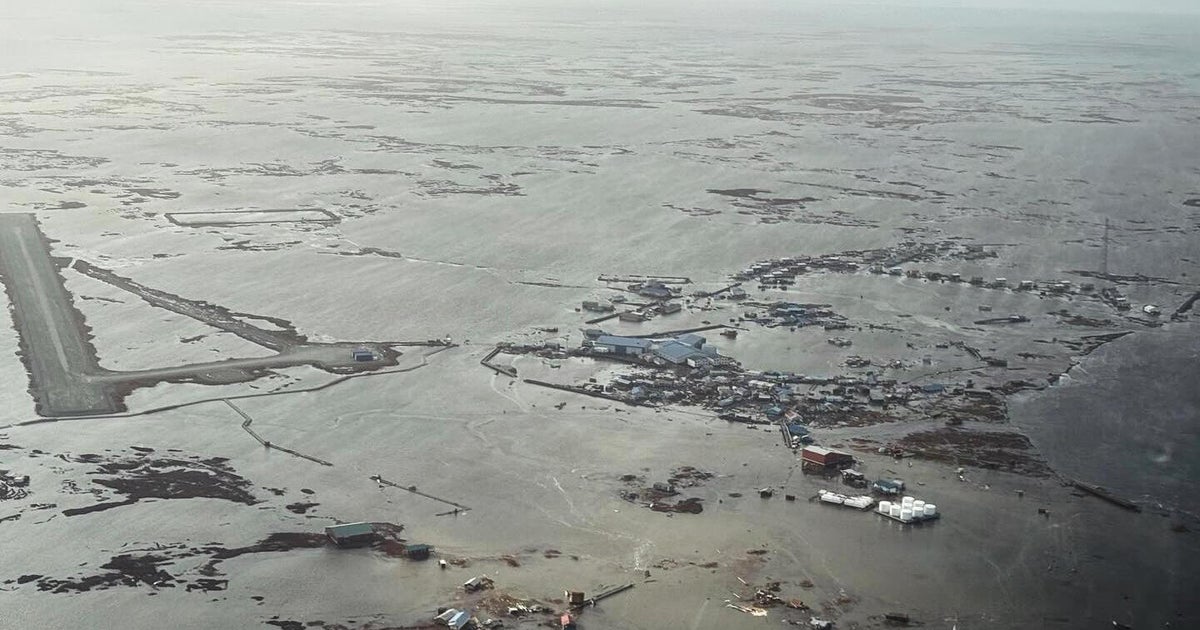



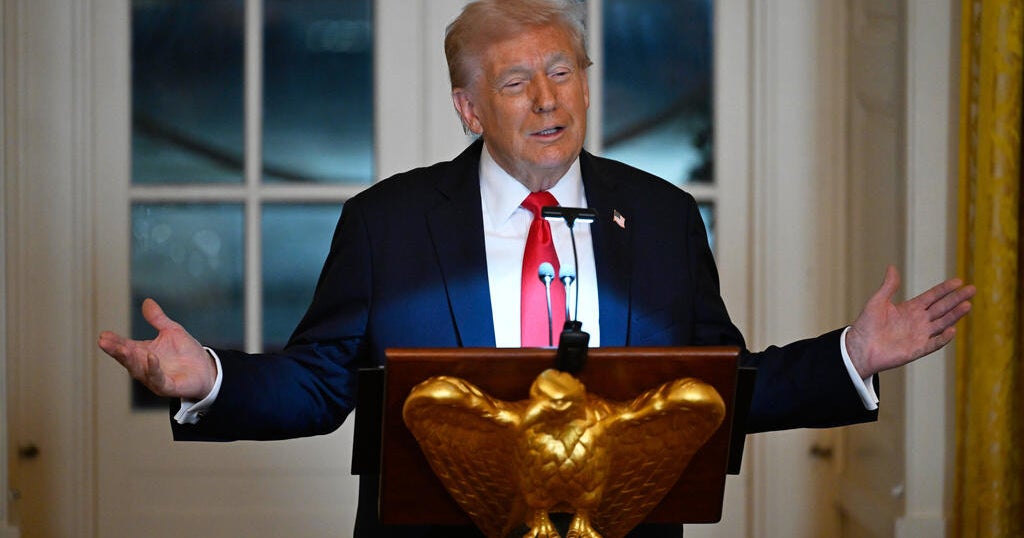
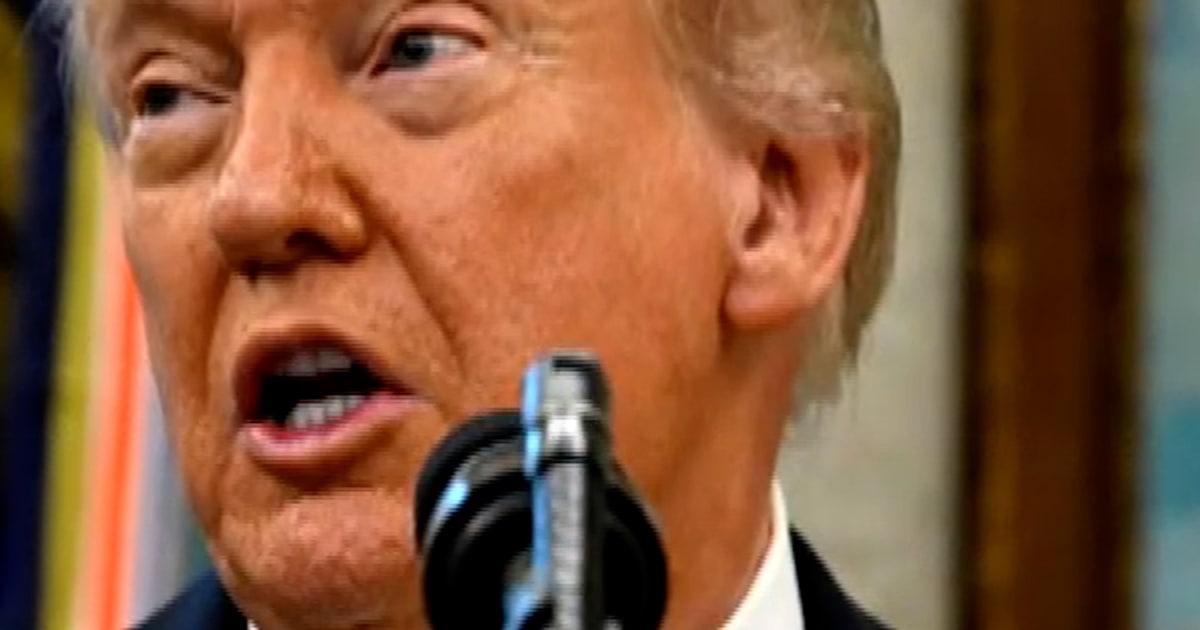

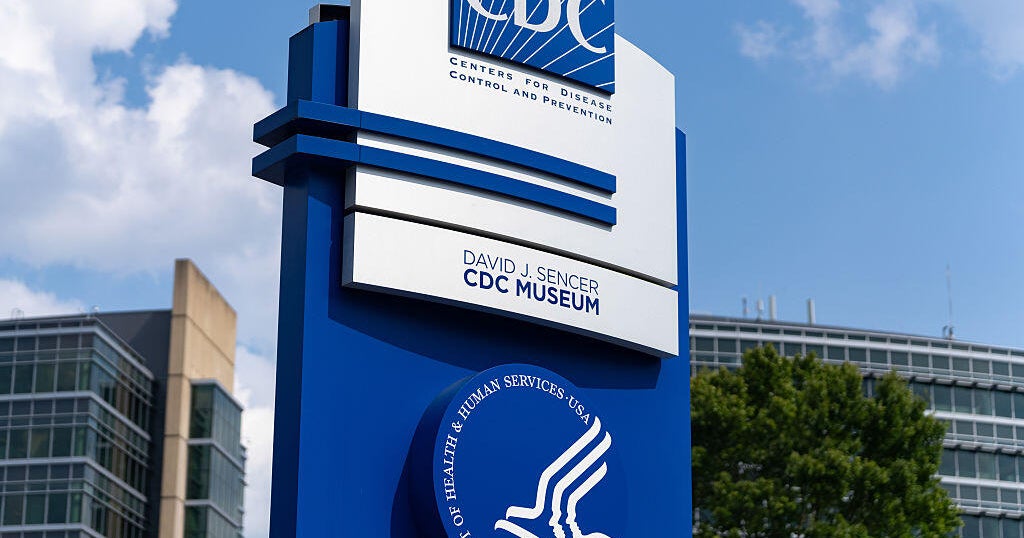





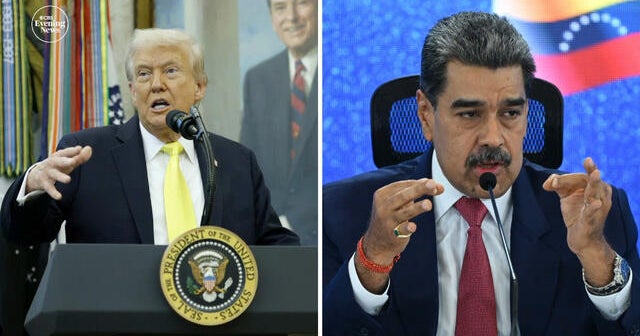
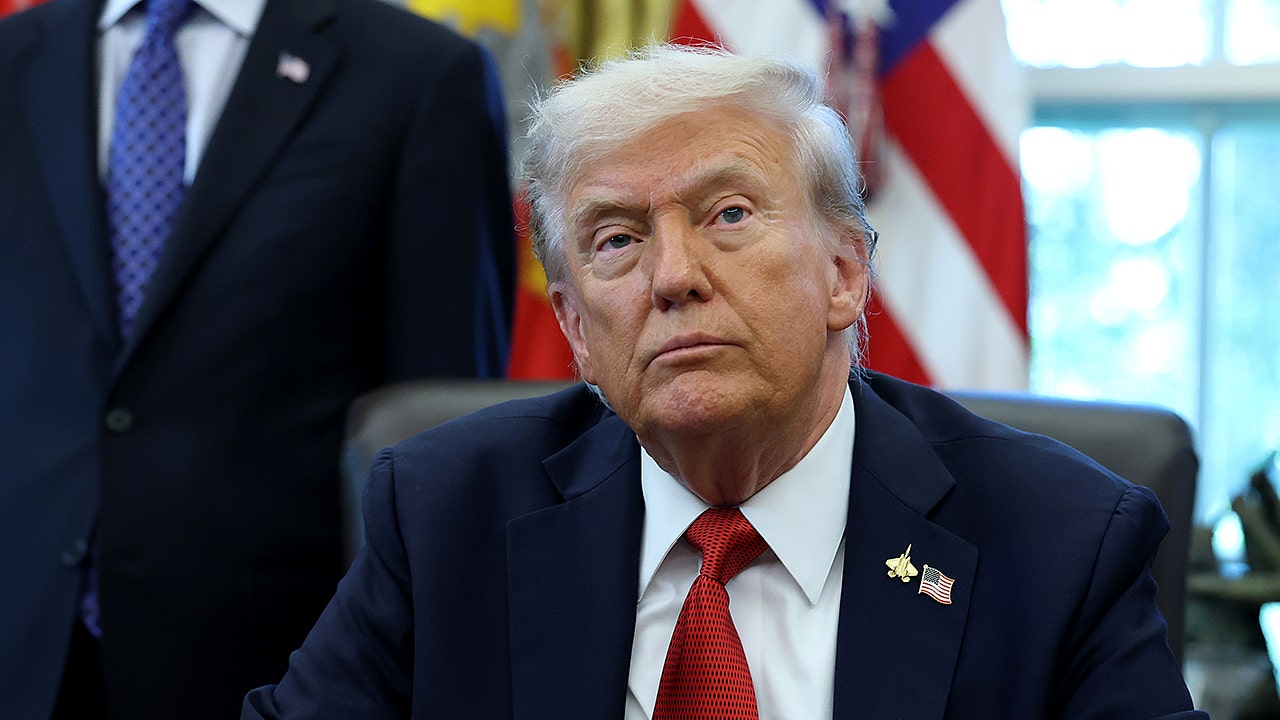
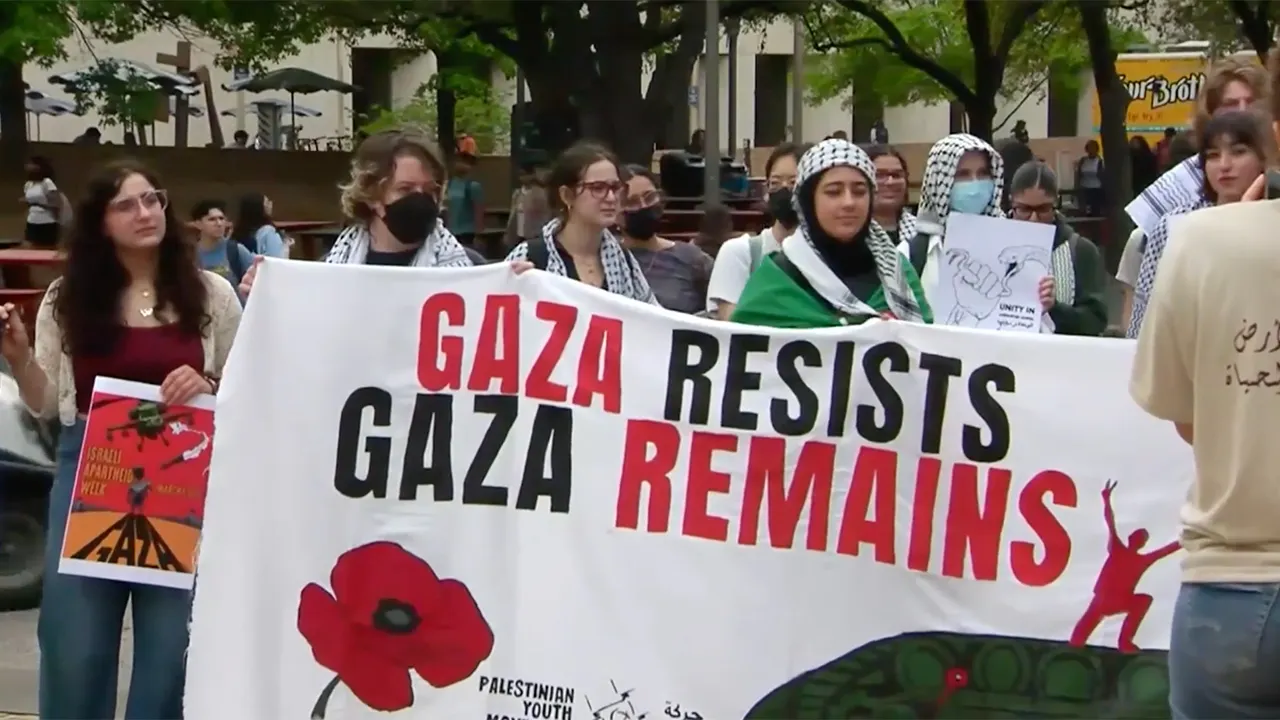
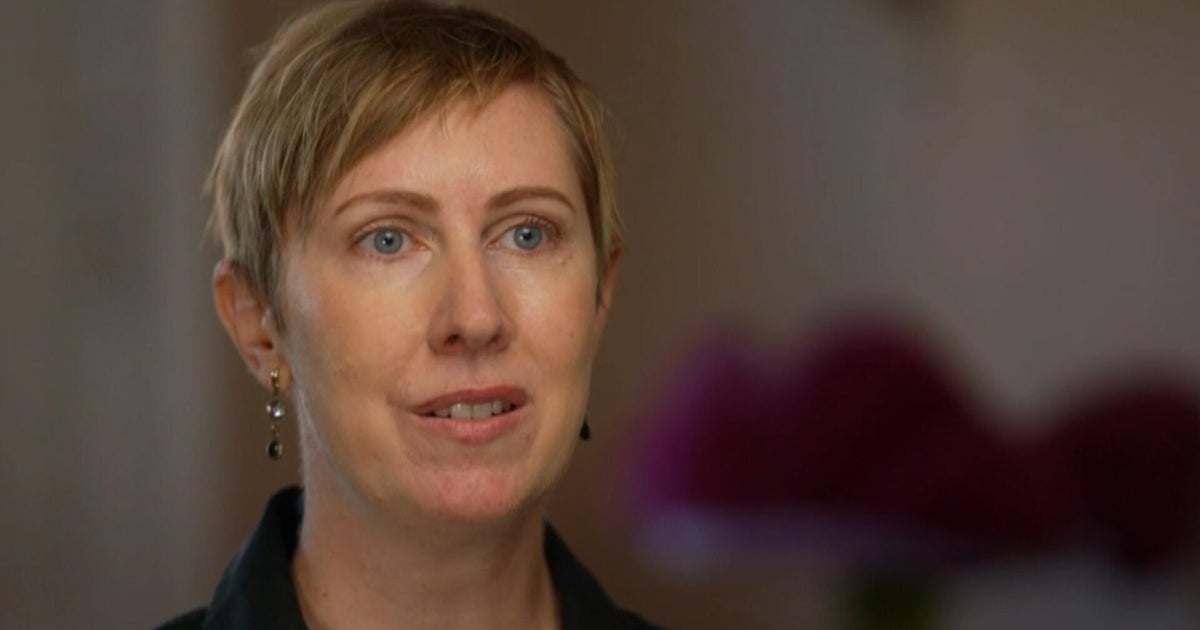






.jpeg)












 English (US) ·
English (US) ·